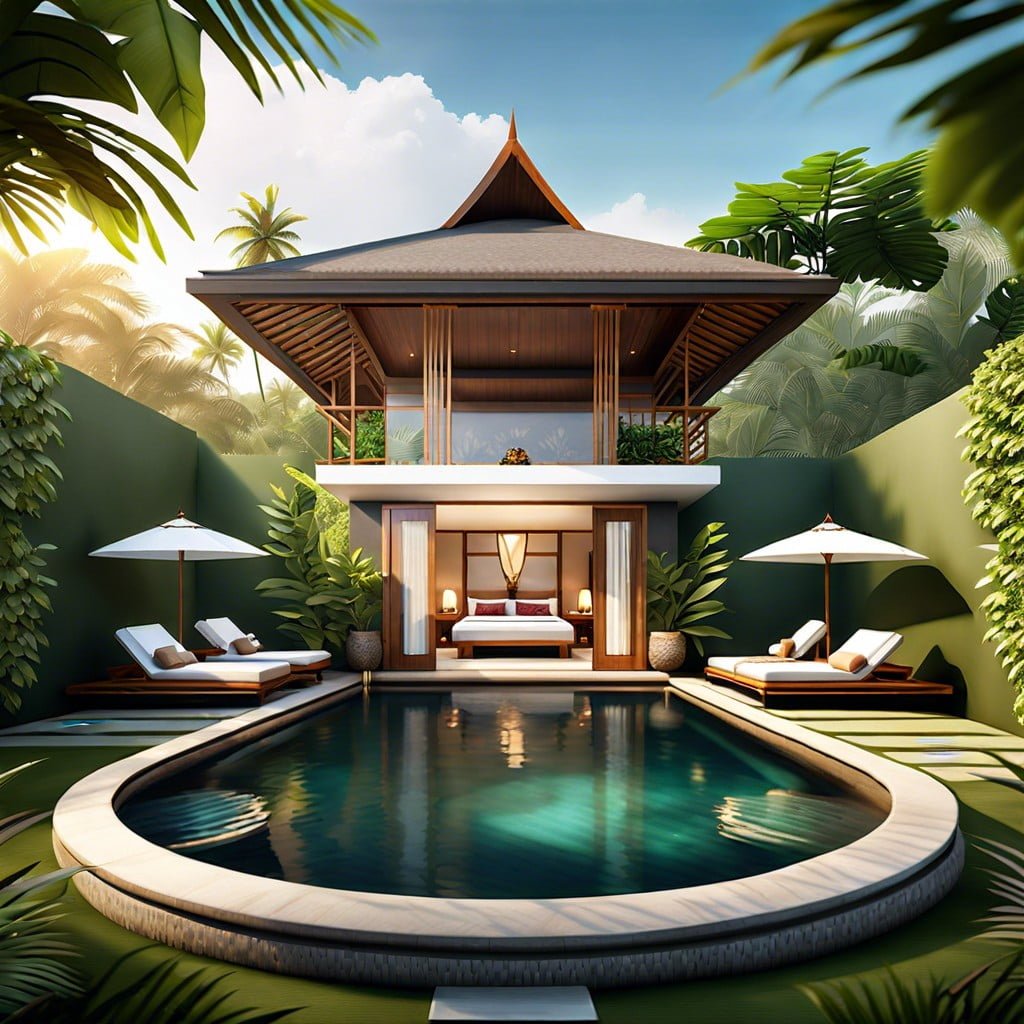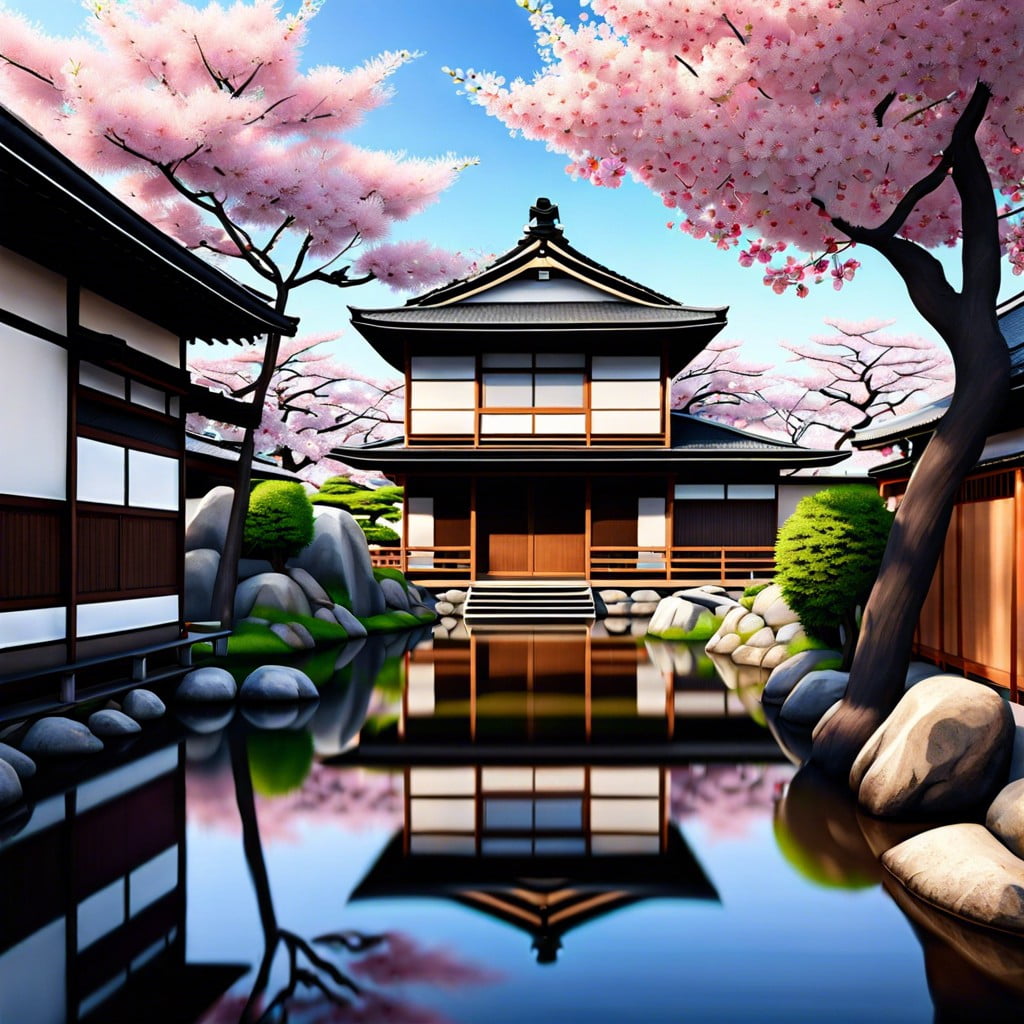Discover the exclusive realm of The Leading Hotels of the World, where unparalleled luxury meets cultural authenticity and exceptional service.
Key takeaways:
- Leading Hotels of the World has a rich history dating back to 1928.
- Strict criteria for membership ensure exceptional quality, service, and character.
- Leading hotels are at the forefront of innovative sustainability practices.
- Luxury travel trends include personalization, wellness, and sustainability.
- The future of quiet luxury in hospitality emphasizes customization, authenticity, and sustainability.
History of Leading Hotels of the World

Founded in 1928 by European hoteliers, the organization began as a reservation service, offering hotels a sales and marketing edge during a time when travel was becoming more accessible and popular. What began with 38 initial members has now grown into a prestigious collection of more than 400 hotels, spreading across 80 countries.
The genesis was marked by a commitment to uphold the highest standards of hospitality, a philosophy that remains at the core of its mission. The founding hotels shared this dedication, creating a timeless allure that continues to attract guests seeking refined experiences. Each of these properties possessed individual character and distinction, serving as the cornerstones for a network of the world’s most celebrated hotels.
Throughout its evolution, the consortium has been at the forefront of luxury, expanding to include resorts, spas, and heritage accommodations, each exemplifying excellence in their unique ways. The brand’s longevity is a testament to its rigorous approach to preserving the essence of luxury and an unwavering adherence to quality, enriching the travel landscape with authentic, culturally-rooted hospitality.
Criteria for Membership
Membership for Leading Hotels of the World is coveted and implies a strict adherence to exceptional standards. To qualify, hotels must demonstrate excellence across various dimensions:
- Exceptional Quality: Entrants must offer top-tier accommodations, dining, and service, ensuring guests encounter nothing short of luxury.
- Distinctive Character: Hotels need to showcase a unique character, providing an authentic and culturally rooted experience.
- Unrivaled Service: Impeccable, personalized service is critical; staff must go above and beyond to cater to guests’ needs.
- Commitment to Excellence: Potential members are often assessed through anonymous inspections, ensuring a consistently high standard of quality.
- Exclusivity: Locations must not only embody a sense of exclusivity but must also offer amenities and experiences that cater to the most discerning travelers.
- Operational Efficiency: Efficient and effective management practices are non-negotiable to sustain high levels of guest satisfaction and operational success.
Meeting these rigorous criteria places hotels among the elite, reaffirming their status as pillars of quiet luxury and bespoke hospitality.
Innovative Sustainability Practices
Leading hotels are setting the bar high with cutting-edge sustainability efforts that align with the values of discerning travelers. Energy conservation measures are crucial, with numerous properties deploying smart systems for heating, cooling, and lighting, thus reducing their carbon footprint. Renewable energy sources, including solar and wind power, are increasingly harnessed to support hotel operations.
Waste management initiatives, ranging from comprehensive recycling programs to food waste reduction strategies, are implemented to minimize environmental impact. Plastic reduction is a significant focus; many hotels opt for glass bottles, bamboo toothbrushes, and refillable toiletries.
The sourcing of materials and products is under scrutiny as well. Locally sourced, organic, and fair-trade goods are prioritized, boosting local economies and reducing transportation emissions. The adoption of eco-friendly building materials and practices in construction and renovation projects further contributes to a hotel’s sustainable profile.
Water conservation is addressed through low-flow fixtures and the use of greywater systems. The landscaping choices often include drought-resistant plants to minimize water use.
Hotels also engage guests in their sustainability journey by offering educational programs, sustainable excursion options, and opportunities for voluntary participation in local conservation efforts. Such practices highlight the industry’s commitment to not only providing luxury experiences but also preserving destinations for future generations.
Trends in Luxury Travel and Hotel Industry
The luxury travel industry has evolved, with personalization at its core. Guests seek unique, tailored experiences over standardized luxury. They desire to immerse themselves in local culture without compromising on comfort or exclusivity. This shift has led to the rise of boutique hotels and private residences offering bespoke services.
Technology integration has become crucial, enhancing the guest experience from seamless check-ins to customized in-room entertainment. It allows for a high-touch environment within a high-tech framework.
Health and wellness have also become paramount, with travelers placing a premium on holistic well-being. Luxury hotels are expanding their spa and fitness facilities, incorporating wellness into their core offerings.
With the impact of travel on the environment a growing concern, sustainable luxury travel is on the rise. Travelers are increasingly attracted to hotels that demonstrate environmental responsibility, from sustainable sourcing to conservation efforts.
Lastly, experiences over goods are defining current luxury preferences. Travelers are opting for enriching activities—be it a cooking class by a Michelin-starred chef or a private art gallery tour—creating memories that outlast the lure of tangible high-end products.
The Future of Quiet Luxury in Hospitality
The shift towards quiet luxury marks a growing preference for understated elegance, personalized service, and immersive experiences that resonate with the discerning traveler. Here are key points that illustrate the trajectory of this burgeoning trend:
– Personalization is paramount. Hotels are tailoring experiences to individual guest preferences, from custom welcome amenities to bespoke itineraries.
– Design aesthetics lean towards minimalism and authenticity. Spaces favor local artisanship and materials that reflect the destination’s heritage, eschewing ostentation for comfort and authenticity.
– Wellness is woven into the guest experience. Properties are integrating holistic wellness offerings, including spa treatments, meditation spaces, and nutrition-focused dining options.
– Technology enhances, not overpowers, the guest experience. While seamless connectivity is a given, tech solutions are discreetly integrated to preserve the ambiance and guest privacy.
– Privacy is prized. Accommodations are designed to provide sanctuaries of solitude, often featuring private entrances, terraces, and plunge pools.
– Sustainability is no longer optional. High-end hotels are embedding sustainable practices into their operations, from energy efficiency to locally-sourced cuisine, aligning with the values of eco-conscious travelers.
As luxury hospitality evolves, these points underscore the nuanced approach of Leading Hotels of the World, redefining indulgence for the modern, sophisticated traveler.





